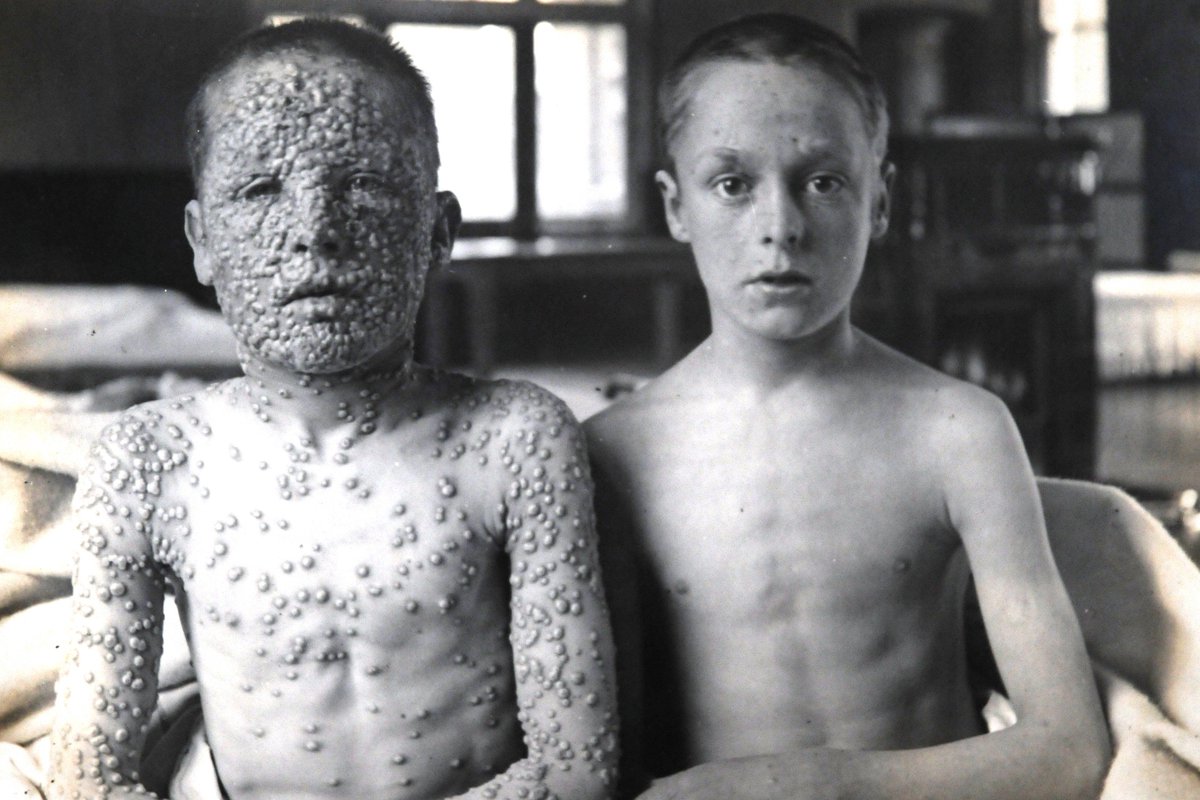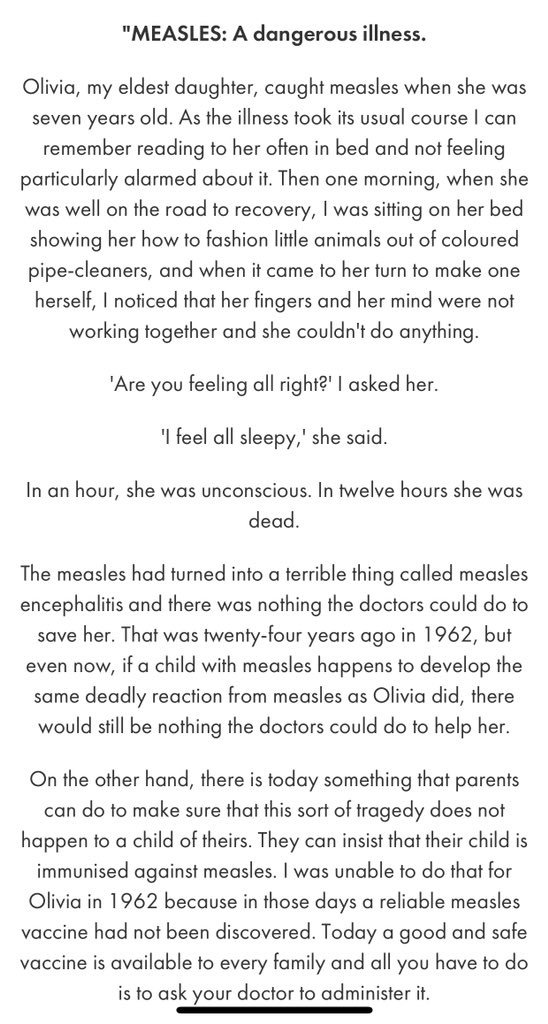I really should just keep my mouth shut, but this is something that is really important to us all.
Scientific studies have consistently shown a significant reduction in hospitalizations, ICU stays, and overall mortality, for vaccinated patients vs unvaccinated ones. This is why your insurance company will PAY for your flu shot: because it is statistically likely to help you avoid flu and flu complications, which can cost them much more money than the flu shots do. It is PROVEN that flu shots save lives. This is why my employer requires flu shots every year, and supplies them free--because they are proven to help employees avoid flu infections (and passing them on to patients.)
Now, this isn't the anecdotal evidence so many people believe. "My aunt got a flu shot and she had bad dreams for a week!" Flu shots may cause bad dreams, they probably don't. But we will NEVER know for sure until someone designs and carries out a good clinical trial (with full institutional review board approval) to find out. The well-constructed clinical trial with statistical analysis--that is science. Somebody saying "Yeah, I got a flu shot 16 years ago and a dog bit me!" is NOT science, and does not help anybody make informed decisions of any kind.
The development of the scientific method is the single most important event, IMO, since man crawled out of the swamps. Science lets us *test* questions, it lets us test one intervention against another (or against no intervention.) Science gives us answers, and lets us make informed decisions. Science makes it possible for the doctor to say to you, "Your type of leukemia is XX% likely to give you 5-year survival with standard chemo; ablative chemo plus stem cell rescue increases the efficacy to XX% but has a X% of mortality in the first 3 months."
So now you have, thanks to science, a clear understanding of what the relative risks and benefits are. You would NOT have this without the scientific method and scientific research. Without it you'd have a doctor saying, "Well my uncle knows a guy who got cured by eating peach pits ..." Anecdotal evidence is why George Washington was bled to death by doctors--they had no science, they had unverified myths that bleeding the sick helped them.
And to bring my TLDR boring sermon back around to the point: we KNOW via scientific research that the flu shot reduces your chance of getting the flu, saves lives, reduces hospitalization rates, and gives you 3-D vision and automatic shoes.

Unless you have a proven significant contraindication, getting that flu shot is GOOD for you, and we KNOW it.




